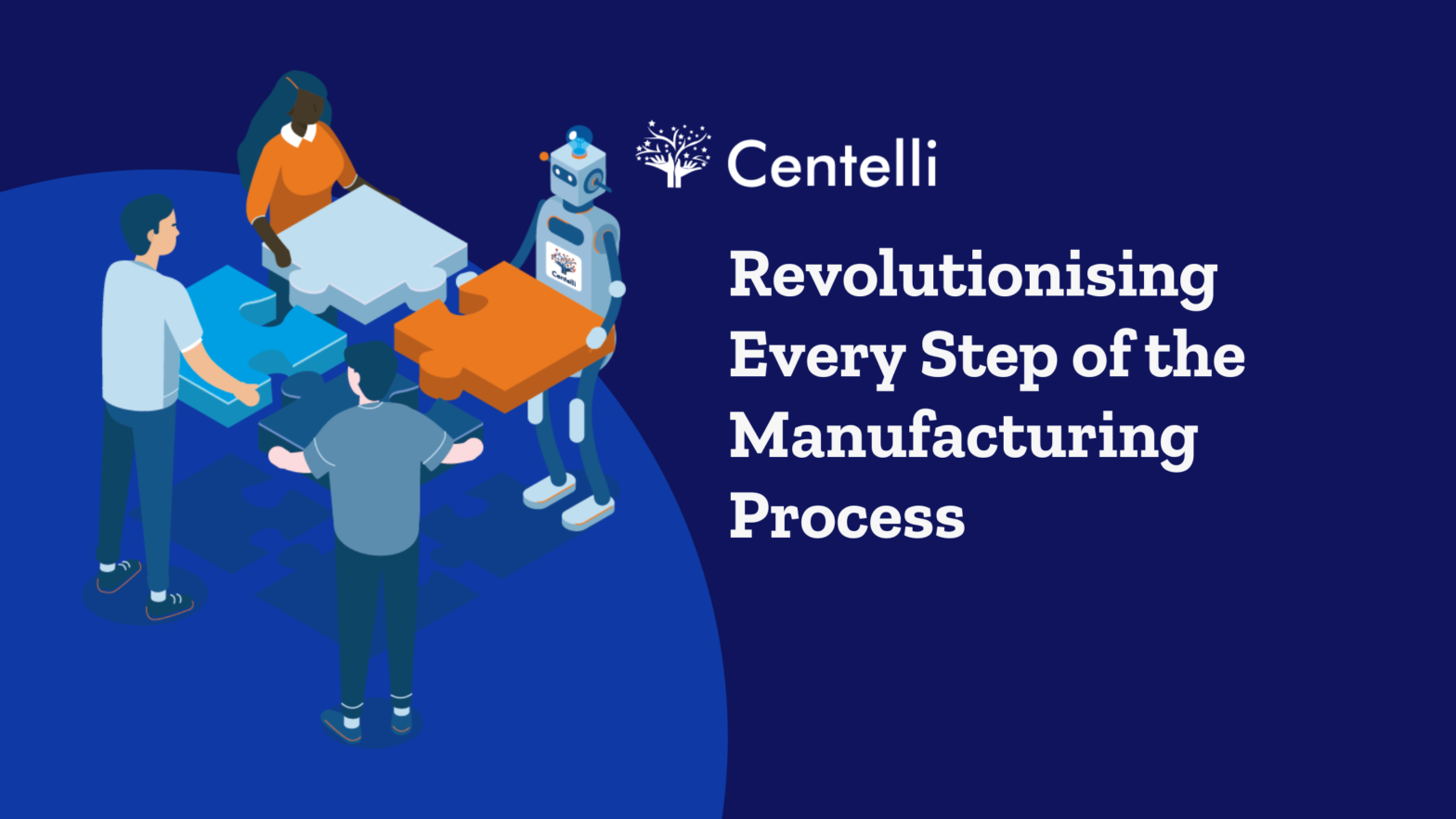
In this fast-paced, data-dominated world, you cannot afford to make decisions based on gut feelings any more. With a team of data scientists and BI experts, we at Centelli offer business intelligence and data management consultancy services.
Businesses today have recognised the importance of data, but still lack capabilities to make decisions using data analytics.
Embracing technology and Big Data is quickly becoming the key trend. Businesses that fail to adopt the latest tools and resources for data analysis will lag behind.
To take advantage of data insights, you need to have an organisational culture where data is valued and seen as a real asset.
Here are some ways you can develop a culture of data-driven decision making:
Establish Key Metrics for Success
First up, it is very important to define your key metrics. Ask yourself, what really needs to happen to make your business a success?
From your sales department to your digital marketing team, everybody should be on the same page about your company’s goals. Once you have identified key metrics, you can convey this message across the board.
In cases of underperformance, you can easily pinpoint issues, home in on the root cause, improve what you do and take a better approach moving forward.
Democratise Data
The use of data should not just be limited to the tech guys in your company. Each member of your staff should be given tools and resources to understand data and take relevant action.
With advanced software technology, data democratisation has become quite easy. By empowering your employees in technology, you are creating citizen data scientists – people who can be of great value to your organisation in future.
Measure Everything
To cultivate a data-driven culture, you need to measure (almost) everything and know their interrelationships. It would be great if the particular aspect can be quantified. If not, make sure you assign a value to it.
A probable piece of information is always better than no information at all.
Encourage Experimentation
When it comes to building a data-driven organisational culture, it is essential that you encourage your employees to be inquisitive, curious and allow them to experiment.
It is through a series of trial and error that they will be able to fully embrace Business Intelligence and Analytics tools.
There is no doubt about the fact that slip-ups will occur from time-to-time. Such let-downs are a powerful part of an inclusive learning process; they should be supported, valued and encouraged.
Enhance Reports and Dashboards
Long boring spreadsheets have given way to interactive, colourful dashboards. These dashboards and their associated visualisations are far more accessible. They engage with and help people interact with data, understand it better, explore and embrace various possibilities.
Make sure your dashboard and reporting mechanisms are appealing, and that they do help users make sense of data and align to your key measures. What’s more, they should operate in real-time so that your staff can make instant decisions.
With a team of data scientists and BI experts, we at Centelli offer business intelligence and data management consultancy services. We can help you to transform your data-driven decision making.







